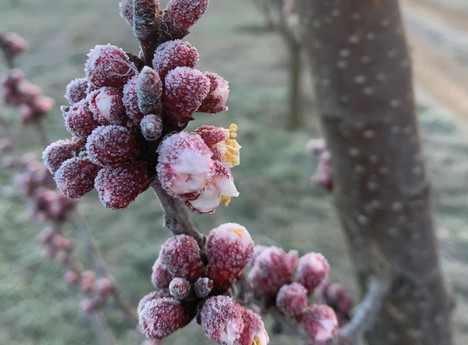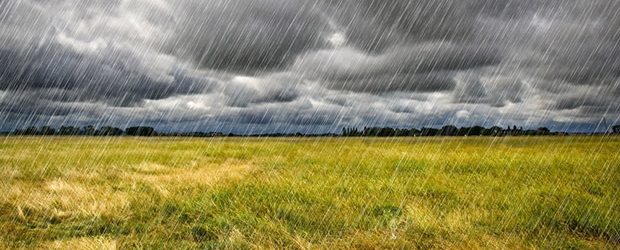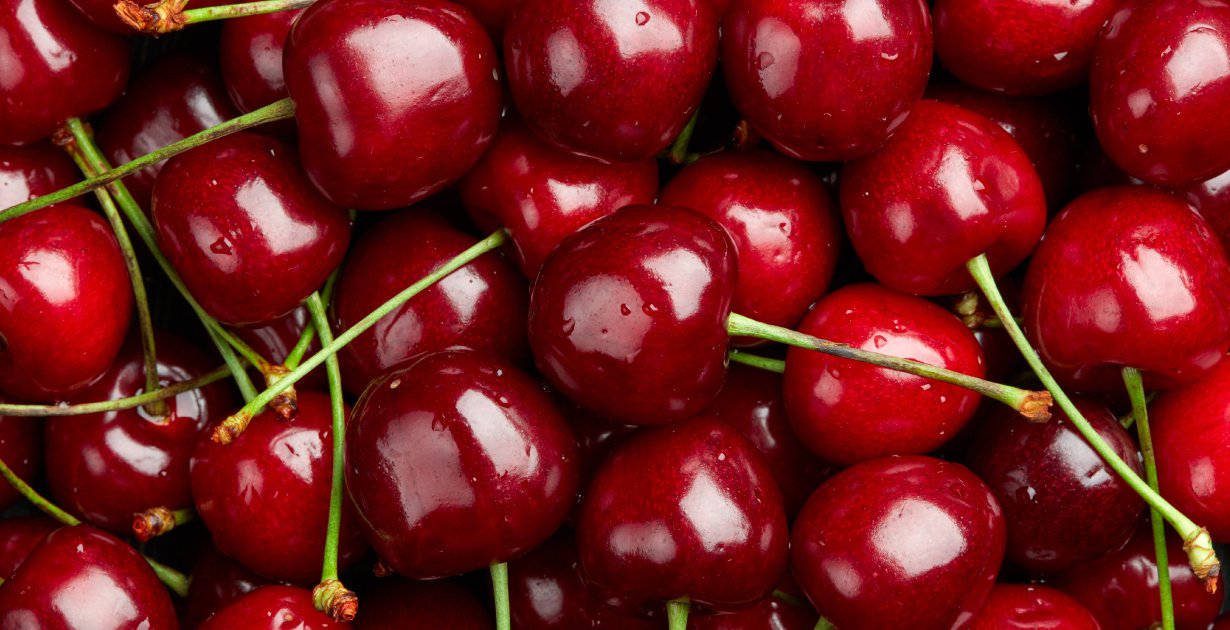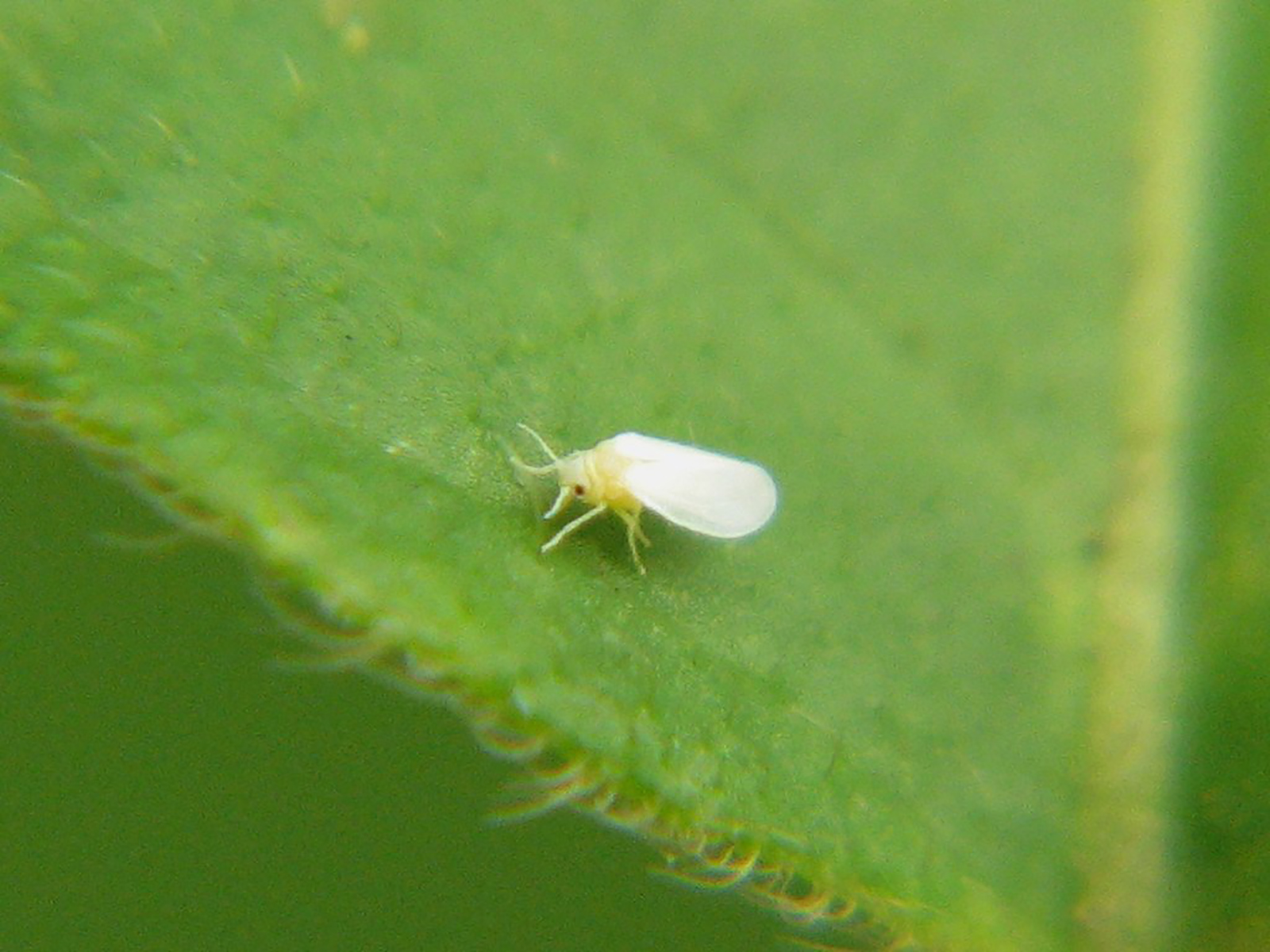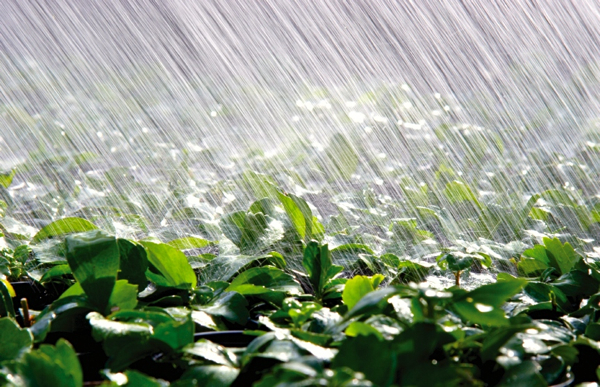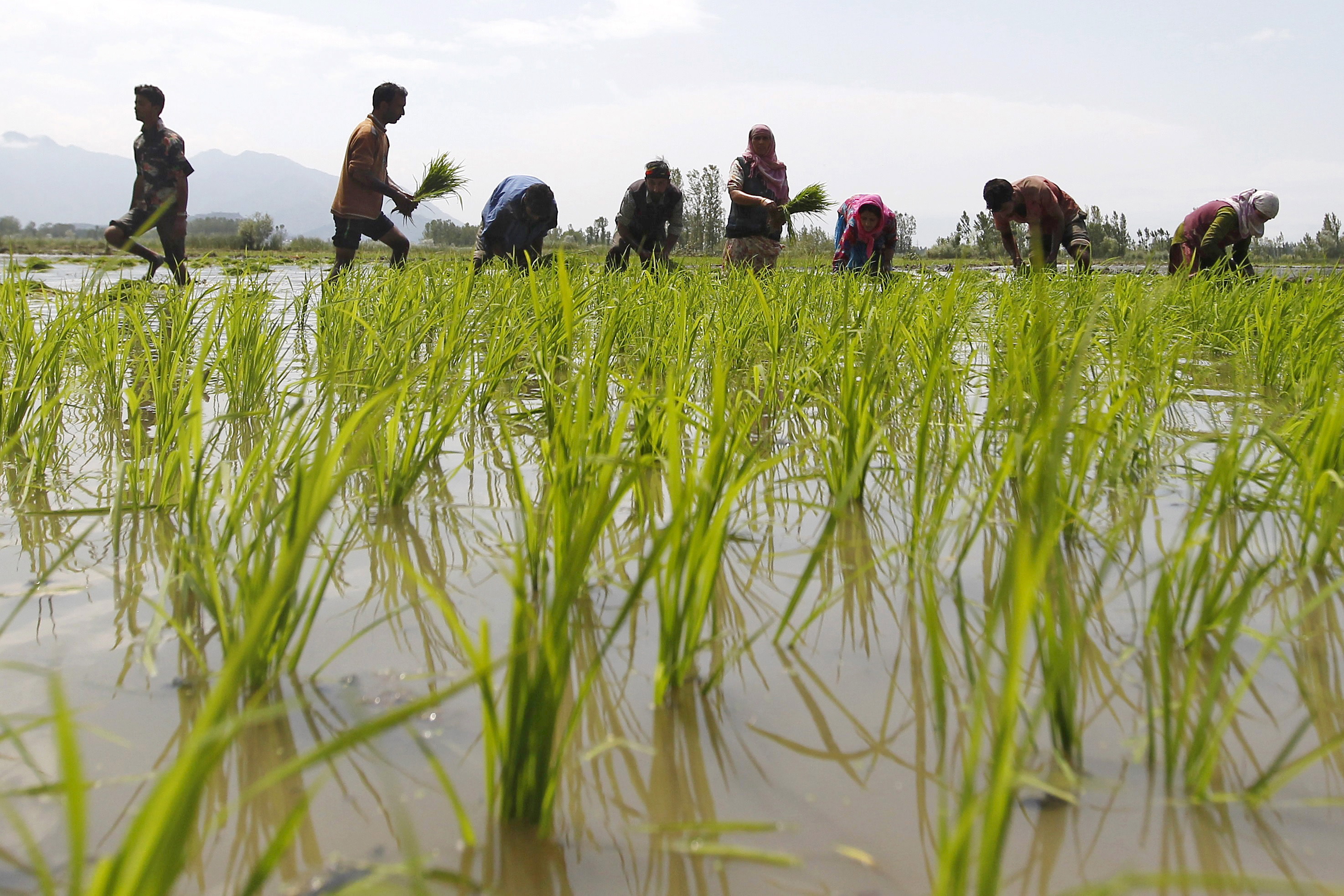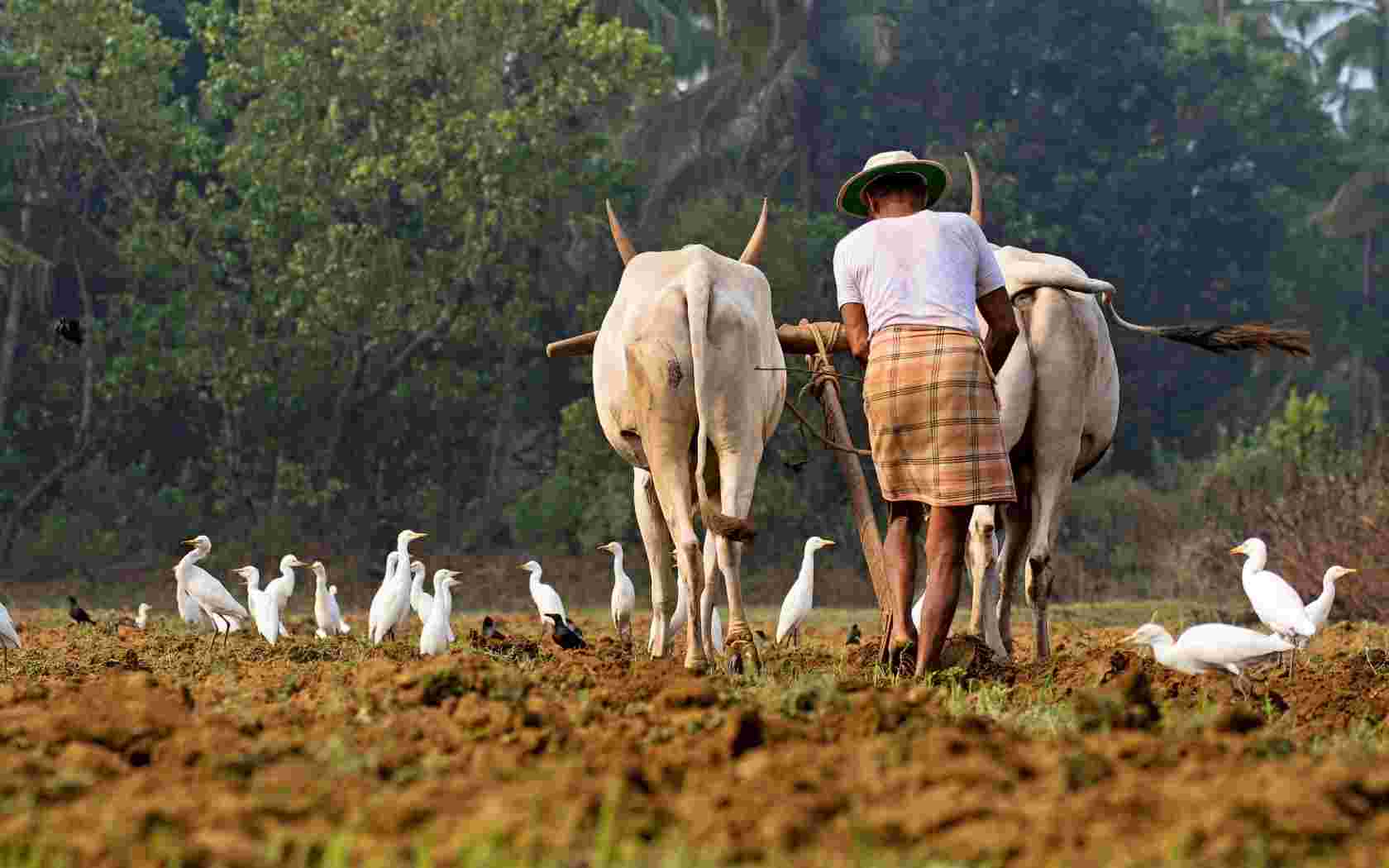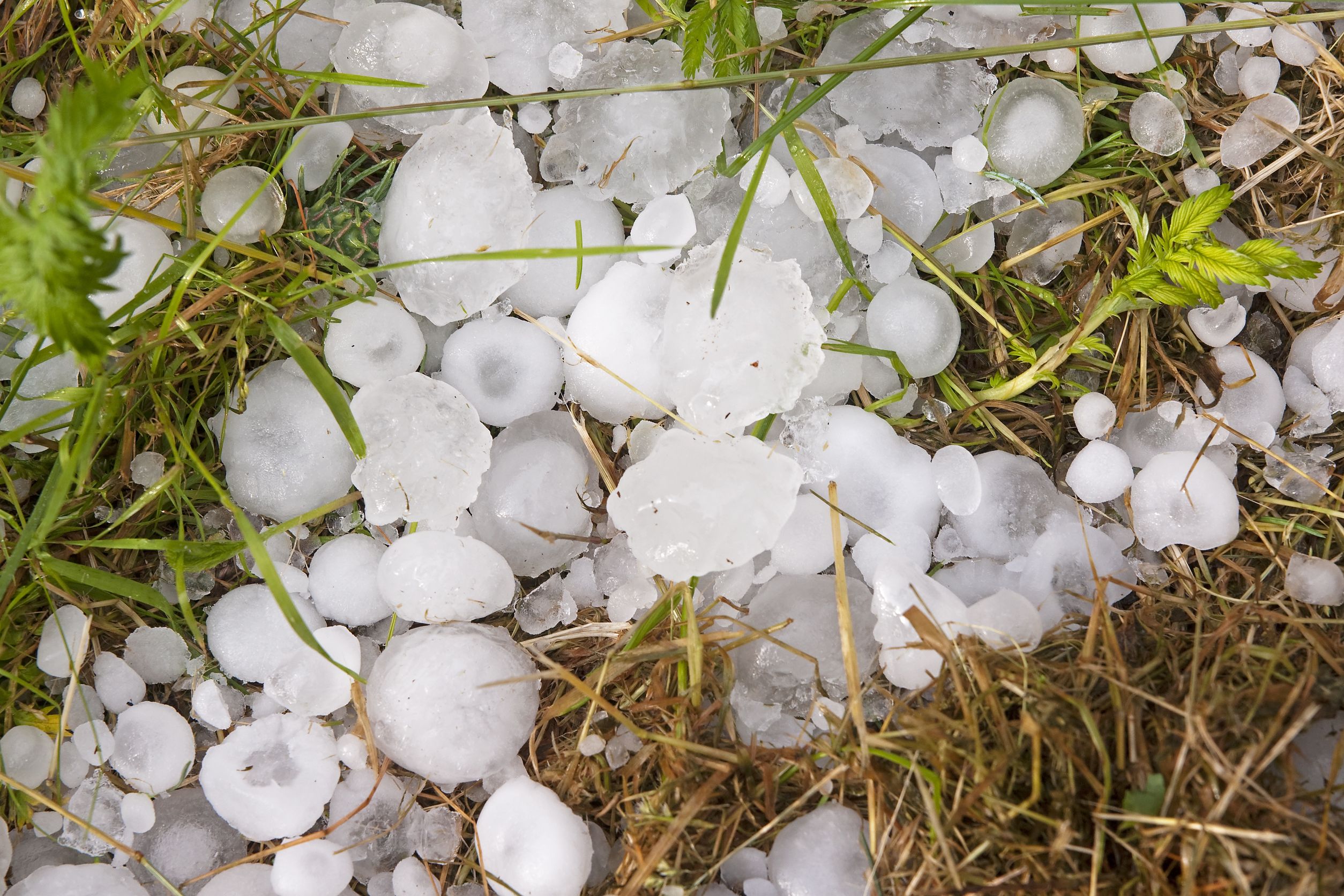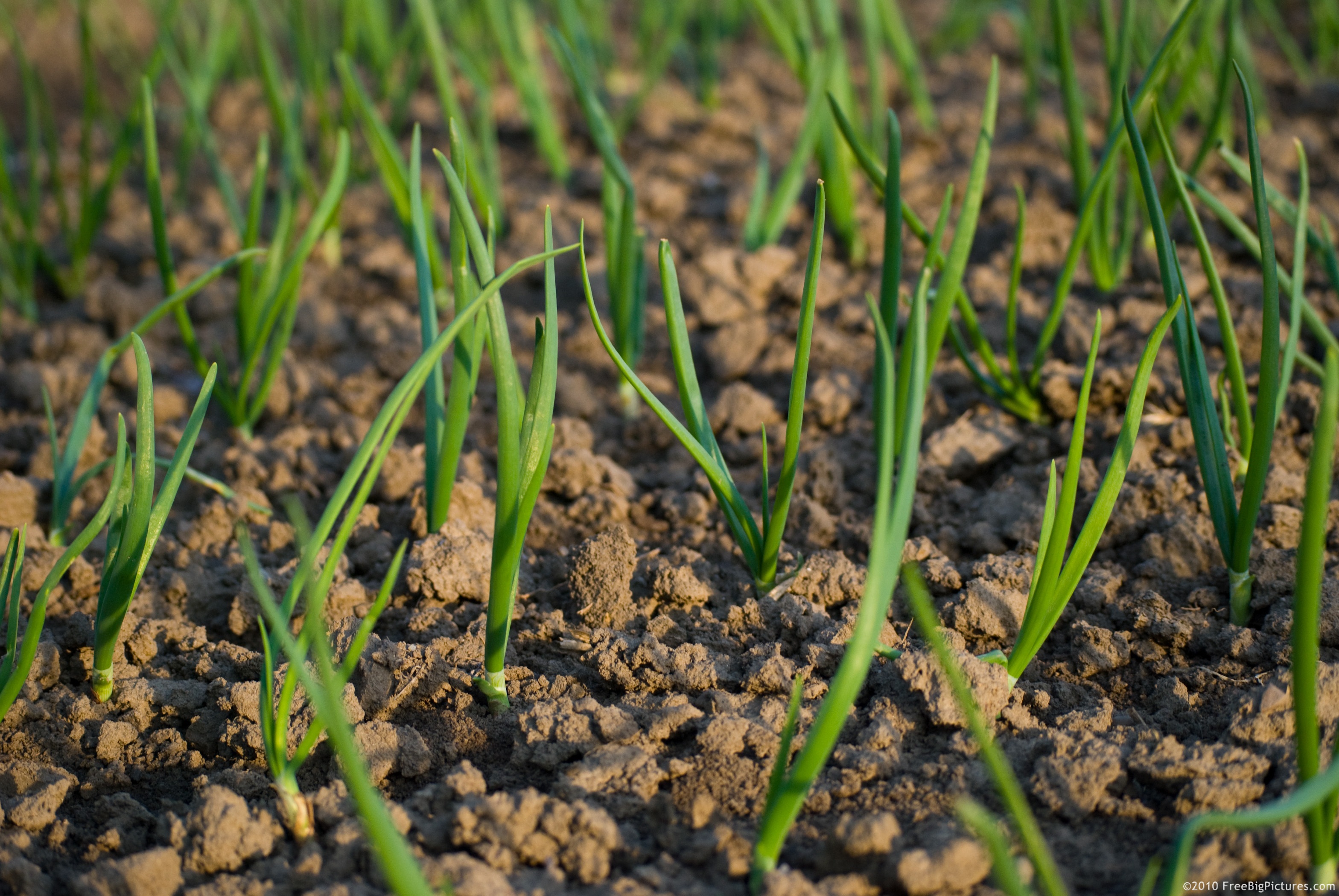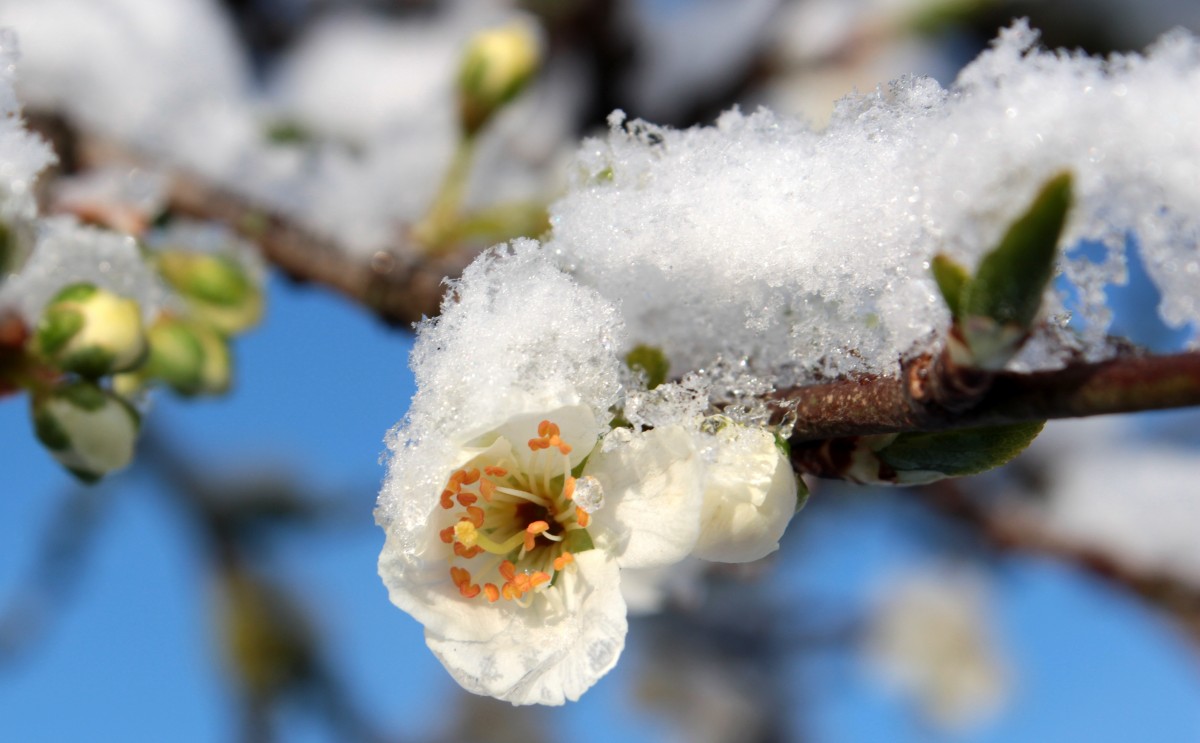Canada - Devastating late spring frost kills large swaths of fruit crops[:ru]Cana
Some Ottawa area farmers say there will be no bouncing back from a recent frost that has wiped out large portions of their crops. Ann Marie Rochon and her husband own Rochon Garden in the city's rural southeast end, where they grow a variety of produce, including strawberries which are their "biggest sellers." Rochon said they were expecting a little frost between Thursday and Monday, even though the forecast only predicted a low of four degrees. They used an irrigating technique on their nearly 6.5 hectares of strawberry fields for at least four nights to try and protect the crop. When her husband went to check on the plants Monday morning, much of their other produce remained "unscathed" but about 80 per cent of their strawberry crop had blackened flowers, a sign they were frostbitten. "We had anticipated this, but not to this scale," said Rochon. "It was devastating. It really, it hurt a lot ... To have that 80 per cent decimated in, you know, a few nights, that really hits." Because of the damage, Rochon said she won't be able to open the farm for public strawberry picking, a loss she estimates to be hundreds of thousands of dollars. Vineyard also hit "We knew there was a danger," said winemaker Richard Deslandes of Green Gables Vines Winery, a two-hectare winery in Oxford Station, Ont., south of Ottawa. He said grapes are meant to survive spring frosts, but with recent summer-like temperatures, the crop bloomed earlier than usual, making it susceptible to damage. "That's part of the business, right? You get some great years and you get some not so great years," he said. While there are some things the winery could have done to protect the crop, Deslandes said it's a small operation with limited staff and buying equipment to protect the grapes would be a huge financial investment. Deslandes said he's thankful the winery is a side project but the frost has still cost the business tens of thousands of dollars in lost profits. It also means his team will have to buy grapes from the Niagara region to make up for lost supply. Source - https://www.cbc.ca


